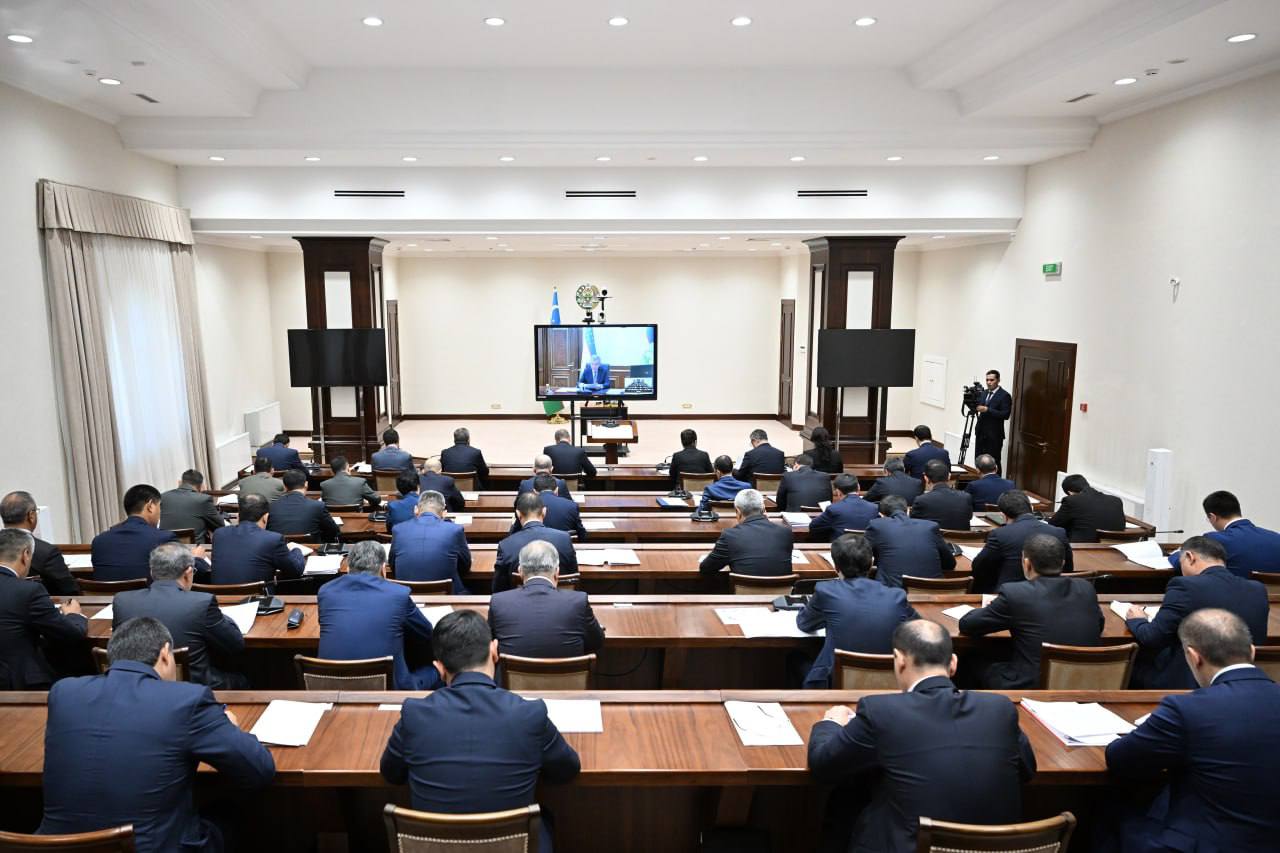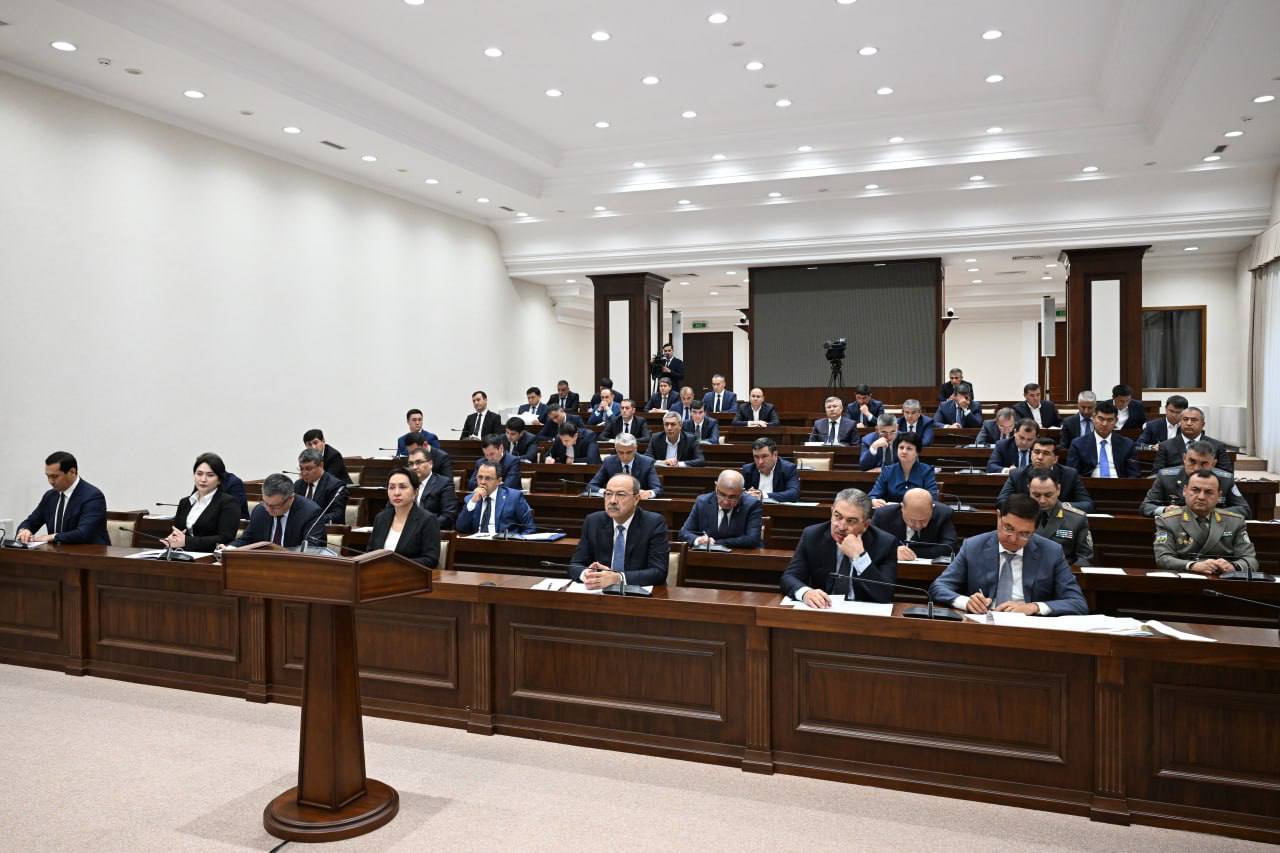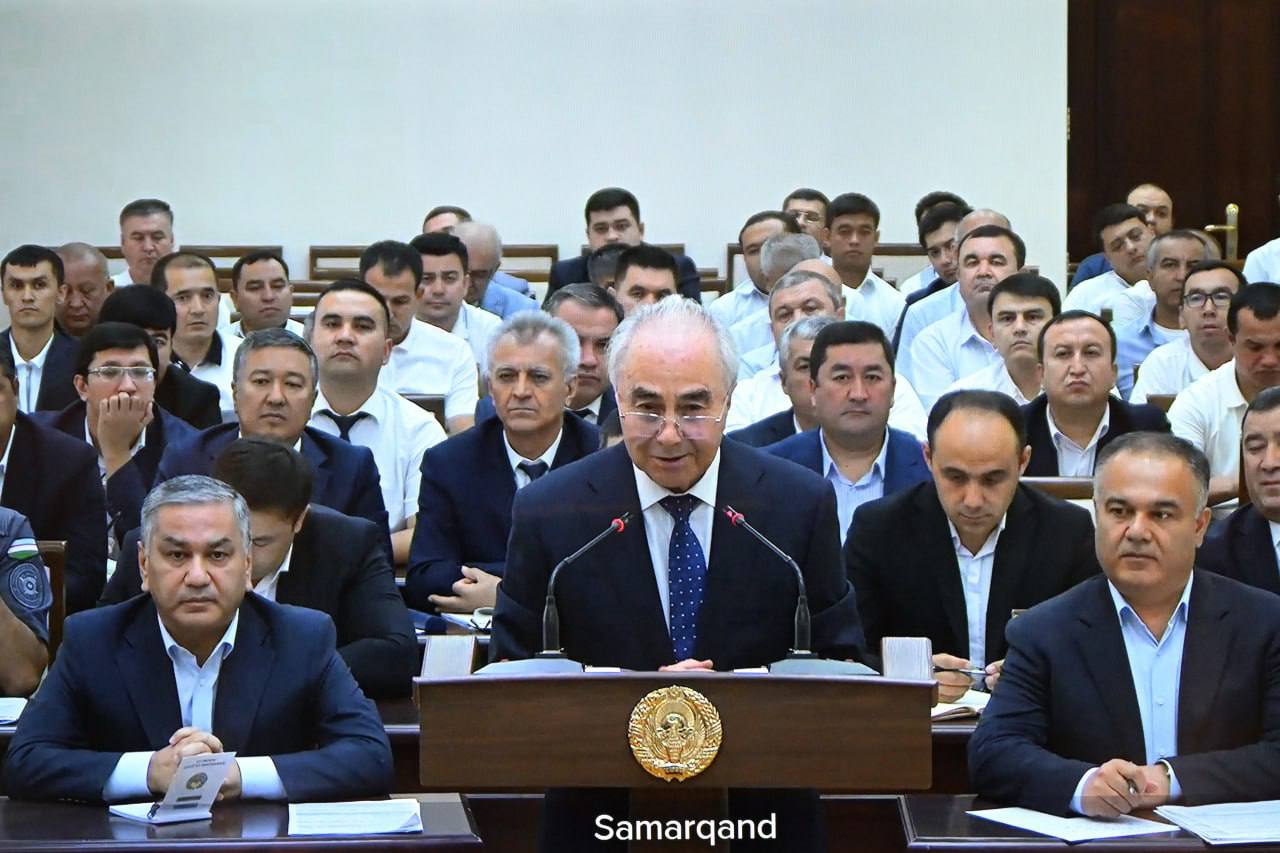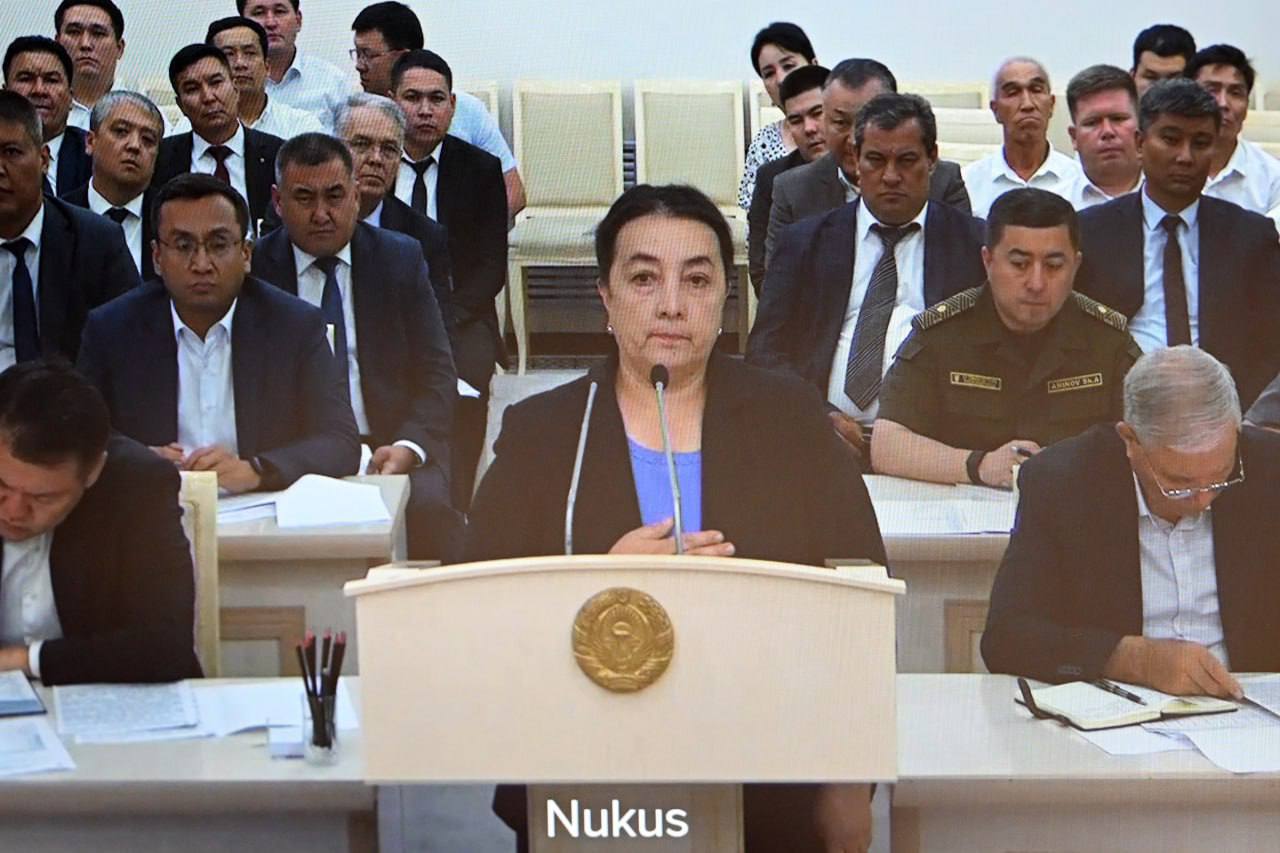New Approaches were defined for ensuring University Graduates’ Employment
09.08.2025
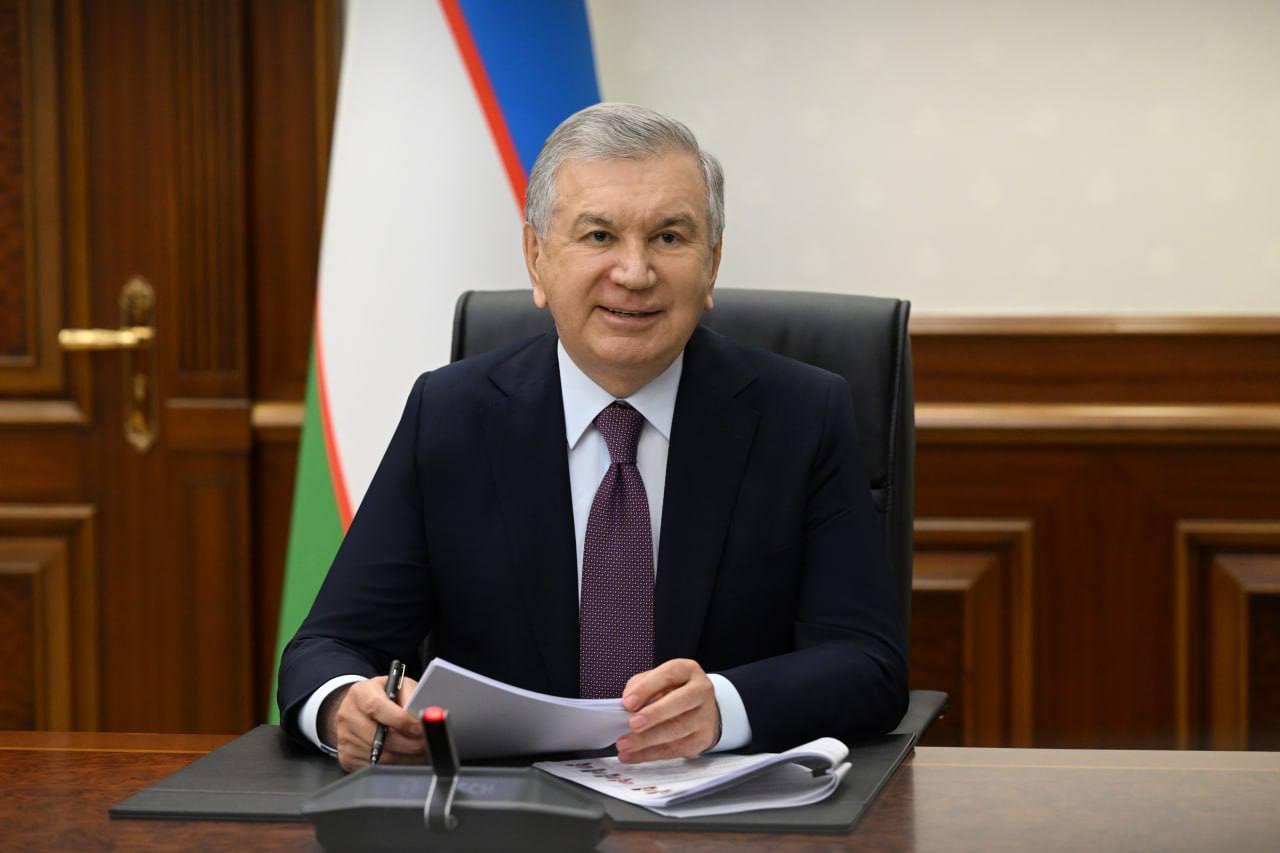
On August 8, 2025 President Shavkat Mirziyoyev held a meeting on the employment of higher education graduates.
Although over the past seven years university admission quotas have increased 4.5 times and the share of youth in higher education has reached 42 percent, the training system still does not fully meet the real needs of the labor market.
For example, the BYD plant in Jizzakh currently has 100 vacancies, a quarter of which are for engineers in robotics, robot programming, and painting. As the plant reaches full capacity, the demand for qualified personnel will grow.
There is a significant gap between university training and employer requirements. As a result, companies are forced to hire foreign specialists. At the same time, the state spends 25–30 million soums per year to educate one student, yet more than half of graduates end up in low-skilled jobs.
In recent years, granting financial autonomy to 40 universities has increased revenues in fields such as economics, law, medicine, foreign languages, and pedagogy. However, areas like agriculture, veterinary science, engineering, and natural sciences remain unattractive to youth.
To strengthen cooperation with industry, 25 engineering universities have established 438 departments based on enterprises. In the oil and gas sector, educational-industrial clusters have been formed. As a result, more than 2,000 graduates of the Bukhara Technical University have been employed in their specialty, and the number of commercialized scientific developments has increased tenfold.
In the coming years, Uzbekistan plans to implement large-scale projects worth $83 billion, which will create demand for nearly 500,000 specialists in industry alone.
For example, in the near future, a major gas chemical complex is expected to launch in the Bukhara region, and large-scale projects have been initiated on the Ustyurt plateau in cooperation with foreign partners.
All this requires a faster adaptation of higher education to industry needs, improving the quality of training, and expanding youth employment support.
At the meeting, the President presented a number of new initiatives.
From now on, the technical and economic justification for projects worth over $1 million and with more than 50 employees must specify the demand for specialists by field. Relevant ministries and agencies will use this data to place targeted orders for training personnel in universities.
Rectors will introduce additional educational modules for students studying under such orders. Credits will be awarded for completing these modules.
Starting from the second year, students’ knowledge will be assessed annually in cooperation with investors — potential employers. Thesis topics will be defined in accordance with project objectives. Graduates who meet investor requirements will be guaranteed employment.
A system will be introduced to increase private sector interest: entrepreneurs who hire graduates will receive additional points in their business rating. Universities will direct graduates to companies with open vacancies.
The issue of increasing the powers and responsibilities of rectors was also discussed. The evaluation system implemented at “New Uzbekistan” University will be extended to all universities.
Universities will receive up to 40 points for graduate employment rates, up to 30 points for fulfilling industry orders and selling scientific developments, up to 20 points for research potential and publications in recognized international journals, and up to 10 points for attracting local and foreign grants. Funding for universities will be based on the points earned.
A “School for Rectors” program will be established at “New Uzbekistan” University for the targeted training of candidates for rector and vice-rector positions.
All universities will be granted academic and organizational autonomy. Rectors will be able to independently appoint deputies, allocate staff within set limits, and set differentiated tuition fees for super-contracts.
Authorities were instructed to ensure fair and systematic implementation of these innovations.
The Head of State also presented another important initiative.
Currently, applicants can choose up to five universities when applying. Now this mechanism will be expanded: if an applicant does not get into any of their chosen universities but their score meets the requirement for an unfilled program at another university, they will be able to enroll there on a tuition-paying basis.
Special attention was paid to supporting employment for the 2025 graduating class — 92,000 people in total.
It is planned that 20,000 will continue their studies in master’s programs or acquire a second specialty, another 20,000 will be employed through the Ministry of Employment in positions not requiring prior work experience, and about 10,000 will be engaged through regional business incubators and employed in entrepreneurship, marketing, design, and IT.
Additional opportunities for youth employment were also identified in sectors such as chemistry, energy, geology, automotive manufacturing, metallurgy, textiles, electrical engineering, construction, transport, logistics, and the social sphere.
With the help of commercial banks, 20,000 graduates will be supported in starting their own businesses. In particular, the National Bank and Alokabank have been allocated $300 million to finance youth employment.
Part of these concessional loans will also be provided to enterprises that hire graduates. Such entrepreneurs will be able to obtain loans of up to 5 billion soums at 18 percent interest. This new system will apply not only to this year’s graduates but also to those who graduated in the past three years.
It was emphasized that special attention should be paid to unorganized youth, involving them in productive activities — vocational and language clubs, sports events, and patriotic initiatives.
At the end of the meeting, opinions were heard from officials, rectors, and entrepreneurs.

